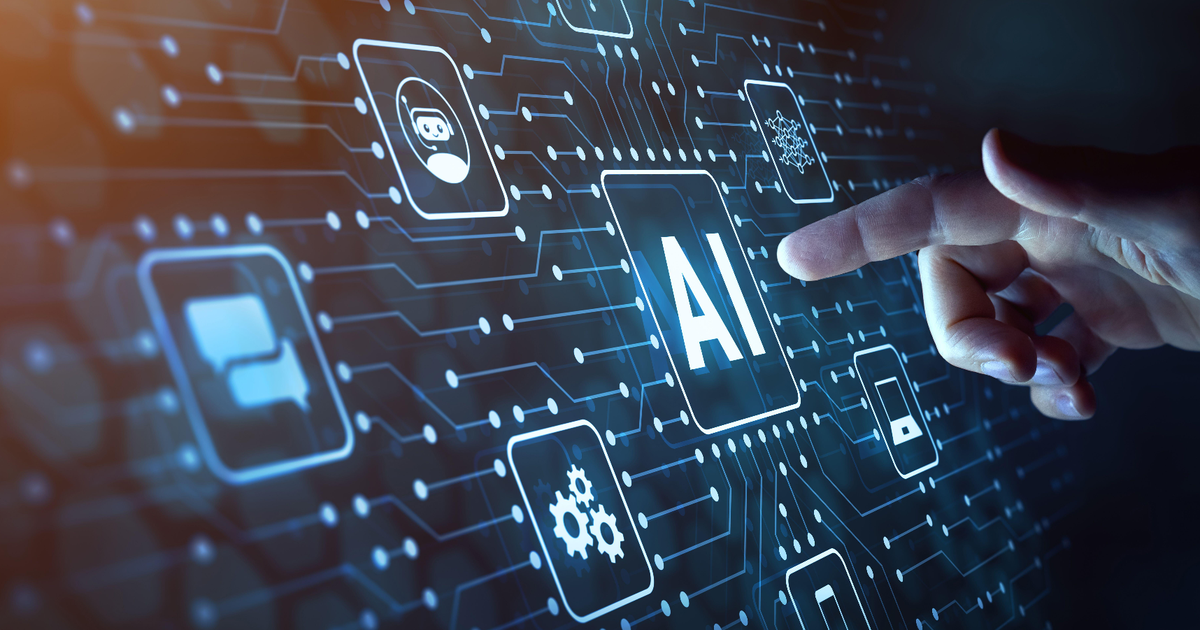The AI Threat to White-Collar Jobs
Recent predictions from top executives at companies like Ford and J.P. Morgan Chase suggest that AI could lead to significant white-collar job losses. Tech leaders from Amazon, OpenAI, and Meta have also acknowledged that the latest wave of agentic AI is closer to transforming the workplace than previously thought.
The Speed of AI Evolution
Dario Amodei, CEO of Anthropic, estimates that nearly half of all entry-level white-collar jobs in tech, finance, law, and consulting could be replaced or eliminated by AI. This rapid evolution is driven by:
- Chain-of-thought models that reduce errors and hallucinations.
- Tools like Cursor and Replika that allow non-experts to write and deploy code.
- Vibe coding, where natural-language queries generate usable code.
Impact on the Labor Market
Christopher Stanton, a professor at Harvard Business School, notes that while it's too early to predict exact job losses, 35% of white-collar tasks overlap with AI capabilities. Key observations include:
- STEM graduates are finding it harder to secure jobs, possibly due to AI taking over tasks traditionally done by software engineers.
- AI tools are disproportionately benefiting lower-performing workers by filling knowledge gaps.
Policy and Future Considerations
Stanton suggests that policymakers may have limited options to mitigate job displacement, with potential solutions focusing on safety nets and retraining programs rather than preventing AI adoption.






Comments
Join Our Community
Sign up to share your thoughts, engage with others, and become part of our growing community.
No comments yet
Be the first to share your thoughts and start the conversation!